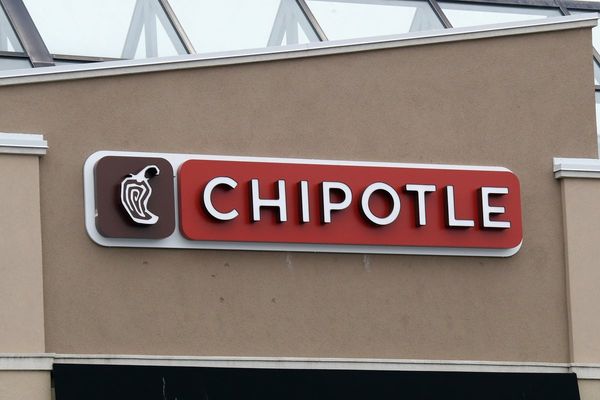US President Donald Trump said during a Thanksgiving call on Thursday with military personnel that operations against drug trafficking in Venezuela might involve ground operations, though he provided no details about the plan or its execution.
The US president said there was an 85% reduction in drug trafficking in waters where more than 20 vessels have been destroyed since 1 September in both the Caribbean and Pacific.
"They've probably noticed that people don't want to deliver drugs by sea anymore, and we're going to start stopping them by land as well. By land is easier, and that's going to start very soon," Trump said from Florida.
He justified the military action by stating drug traffickers "are sending their poison into the United States, where they kill thousands of people a year."
The United States deployed its largest aircraft carrier, USS Gerald R Ford, to the Caribbean on 16 November, accompanied by five destroyers and two missile cruisers.
The deployment represents the largest concentration of US warships in the Caribbean in decades.
The carrier strike group is conducting counter-narcotics operations as part of what the Trump administration has characterised as a crackdown on drug trafficking routes through the Caribbean.
The deployment also serves as a show of force in waters near Venezuela, where the US has accused Maduro's government of enabling drug cartels to operate with impunity.
Further escalation on the horizon?
On Monday, Washington designated the Cartel of the Suns as a terrorist organisation, linking it directly to Venezuelan President Nicolás Maduro.
The Cartel of the Suns, named after the sun insignia worn by Venezuelan generals, is an alleged drug trafficking network operating within Venezuela's military and government.
US authorities have long accused high-ranking Venezuelan officials of facilitating cocaine trafficking from South America through Venezuela to the US and Europe.
The terrorist designation allows Washington to impose additional sanctions and target the organisation's financial networks. The cartel's existence has been disputed.
The escalation comes amid deteriorating US-Venezuela relations following Venezuela's disputed July 2024 presidential election, which the United States and multiple Latin American countries refused to recognise as legitimate. Washington continues to recognise opposition leader Edmundo González as Venezuela's president-elect rather than Maduro.
Venezuelan Attorney General Tarek William Saab said authorities remain open to dialogue. Trump has expressed willingness to hold talks with Maduro to "save many lives."
Maduro ordered the air force on Thursday to be "alert, ready and willing" to defend the country, adding he was confident of victory should Venezuela become a "republic in arms".
During a military event at the Maracay air base, troops conducted exercises intercepting mock invading aircraft and forces before state television cameras.
Venezuelan Defence Minister Vladimir Padrino López criticised "genuflecting" governments that "lend themselves to the imperialist game, to militarise the Caribbean," without naming specific countries.
Caracas blocks airlines
The tensions have triggered a crisis in Venezuela's air connectivity. On Wednesday, the Venezuelan government revoked flight concessions for Iberia, TAP, Turkish Airlines, Avianca, Latam Colombia and Gol, accusing them of "joining the actions of terrorism" promoted by the United States.
Maiquetia International Airport operated on Thursday with only seven scheduled departures and seven arrivals. The International Air Transport Association urged Venezuela to "reconsider" the revocation.
Iberia confirmed it hopes to resume flights "as soon as possible, as soon as full security conditions are in place."
Venezuela did not specify which actions prompted the revocations, though the airlines are among the few remaining international carriers serving the country.
The move leaves Venezuela increasingly isolated from global air travel networks, with most international flights to Maiquetia already suspended in recent years due to economic sanctions and operational difficulties.







